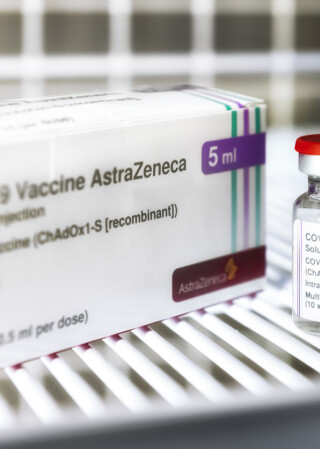Whilst most of us would willingly be vaccinated for COVID, many are not prepared to take the small risk of clotting that arises from the AstraZeneca vaccine and would prefer the Pfizer jab if it were available.
In an effort to encourage GPs to recommend the AstraZeneca vaccine, the Commonwealth Government recently announced that it will introduce a no-fault indemnity scheme to protect GPs who administer AstraZeneca. What does this mean for GPs and patients?
Unlike the scheme announced by the Commonwealth Government in October 2020, which indemnified the suppliers of the vaccines in any lawsuits arising out of the rare side effects, this move effectively means that GPs who administer AstraZeneca to consenting patients, including younger Australians who are at a higher risk of developing blood clots, will be financially protected by the Commonwealth Government. If something goes wrong and they need to pay compensation to patients, that money will come from the Commonwealth. In other words, the Commonwealth Government will act as the “insurer” for these GPs.
Some critics say that this move was not necessary, as medical practitioners are already covered by professional indemnity insurance if they are sued for medical malpractice. However, there are two key differences:
- If a GP is sued in relation to administering the AstraZeneca vaccine, because the compensation will be coming from the Government and not an insurer, it will not affect their premiums.
- Like in the United Kingdom and United Status, this new initiative from the Commonwealth is a “no-fault” scheme, meaning that people can claim compensation merely because they suffer from a side effect to AstraZeneca. The patient will not need to prove negligence in order to receive compensation
It is hoped that as a result of the new scheme, GPs will be more likely to recommend and administer AstraZeneca where appropriate.
However, it should be noted that since the announcement of the Commonwealth scheme, the role of AstraZeneca in New South Wales’ vaccine programme has changed dramatically. The vaccine will now be available to any adult in the State without speaking to their GP, and can also be administered by pharmacists and in NSW Health’s vaccine hubs. Due to this, if someone has an adverse reaction from the AstraZeneca vaccine administered by someone other than a GP, it is unlikely that the Commonwealth scheme will extend to them in its current form.
It is important to note that the Commonwealth Government is yet to announce details of this scheme, including the eligibility criteria for accessing this scheme and the amount of compensation available.
The contents of this publication are for reference purposes only. This publication does not constitute legal advice and should not be relied upon as legal advice. Specific legal advice should always be sought separately before taking any action based on this publication.


